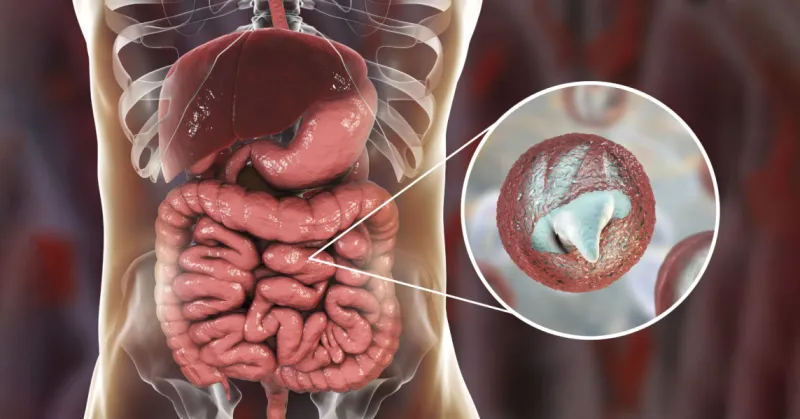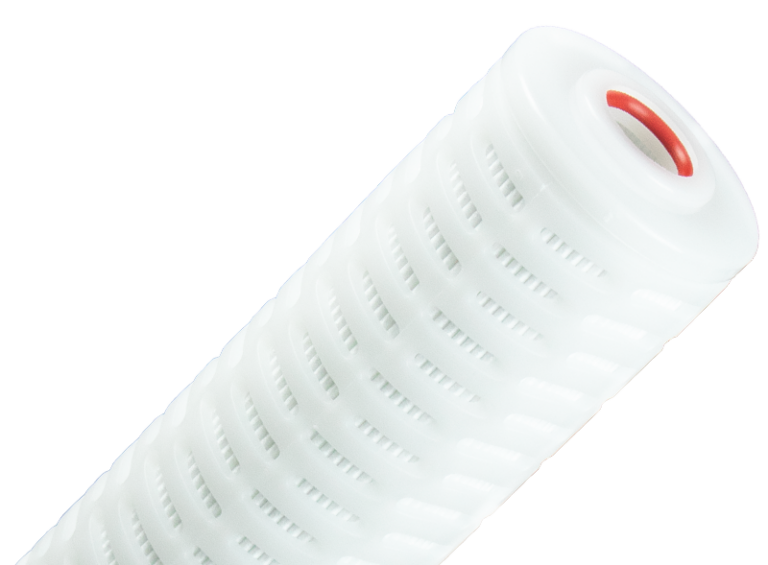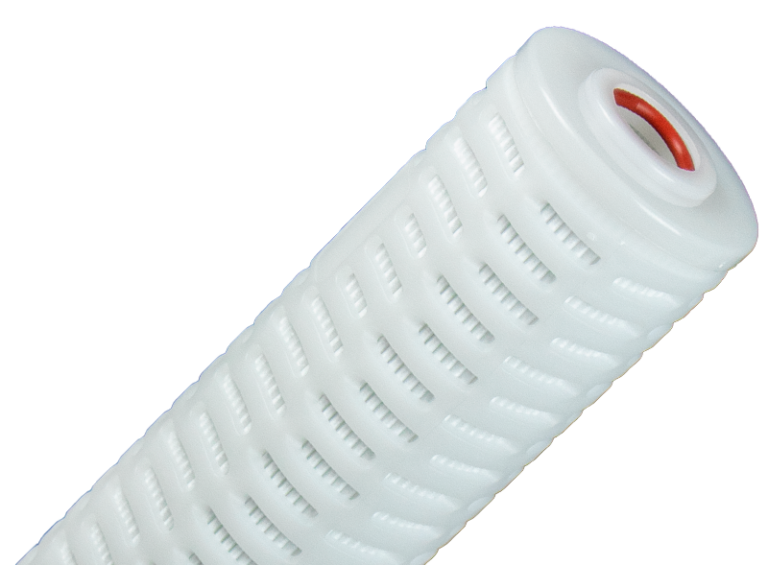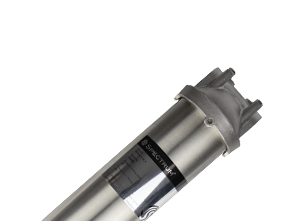Waterborne diseases pose a significant risk to human health worldwide, and one that should not be overlooked is the parasite Cryptosporidium. But what is Cryptosporidium, what are the health risks, and how can filtration effectively prevent its spread?
This waterborne parasite can cause gastrointestinal illness when ingested, and can be particularly detrimental to children, elderly and those who are immunocompromised. Cryptosporidium, regularly referred to as Crypto, is highly resistant to traditional disinfection methods, making it crucial to explore alternative strategies for preventing its transmission.
What is Cryptosporidium?
Cryptosporidium is a microscopic parasite that is commonly found in contaminated water sources such as lakes, rivers and groundwater. The parasite exists in the form of oocysts, which are protected by a robust outer shell.
The resilience of the oocysts enables Crypto to withstand chlorine-based disinfection methods usually used by your water supplier, rendering it difficult to eliminate through conventional water processes.
Health Risks Associated with Cryptosporidium
When ingested, Crypto oocysts can cause a gastrointestinal illness known as Cryptosporidiosis. Affecting the intestines of both humans and mammals, symptoms typically include stomach cramps, diarrhoea, nausea, dehydration and headaches. Most at risk of infection are young children, the elderly and those with low immune systems. Once infected there is no known treatment.

Preventing Cryptosporidium with Filtration
Filtration is an extremely effective method for preventing the transmission of Crypto and ensuring the safety of drinking water and water used in food production. By employing physical filtration, food and beverage production sites can avert potential exposure to the disease Cryptosporidiosis, as well as confidently maintaining the reputation of their brand.
Cryptosporidium oocysts are generally 1-5 micron in size, making it necessary for filters with a micron size of 1 or less to effectively remove them from water supplies and protect infection or contamination.
We Recommend:
SPECTRUM Crypto CP – 1 micron filter cartridge with certified Cryptosporidium removal, and a longer service life than Crypto CP+. Meets requirements of NSF|ANSI Standard 53.
SPECTRUM Crypto CP+ – 0.45 micron filter cartridge with certified Cryptosporidium removal and increased retention characteristics, providing a finer level of filtration than the Crypto CP. Meets requirements of NSF|ANSI Standard 53.
Independently tested and validated for the effective removal of contaminants from critical applications.
Conclusion
Traditional disinfection methods often fall short in eliminating this resilient pathogen, making filtration a crucial tool in preventing its transmission.
By implementing filtration into your application, you can have peace of mind that your water supply is contaminant free from harmful waterborne parasites and cysts, as well as safeguarding public health and providing an excellent final product.





















